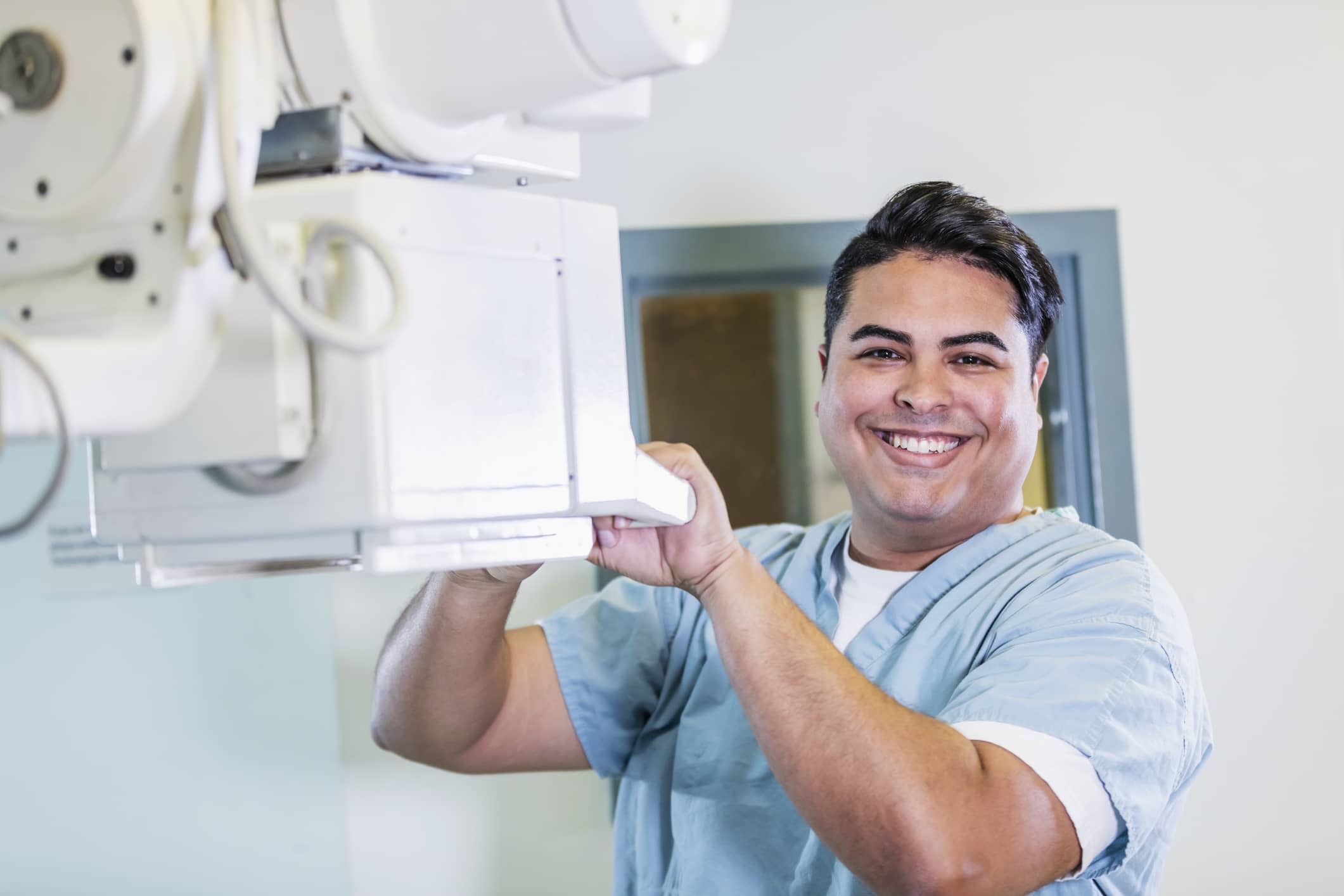
Respiratory Therapists: Guarding Your Mental Health During COVID-19
No strangers to death and dying, respiratory therapists and other members of the healthcare team are experiencing anxiety and other mental health issues as they remain on the front lines of caring for patients with COVID-19.
“There are a variety of problems, mental-health risks for people at different stages and different disciplines [who] are dealing with COVID,” said Susan McDaniel, PhD, professor of families and health in the departments of psychiatry and family medicine at the University of Rochester, New York.
“Respiratory therapists are particularly at risk and are around when difficult decisions have to be made,” McDaniel noted. “Family members are often not present, and it’s a very difficult situation.”
Kyle C. Mahan, MSM, RRT, assistant professor and the clinical coordinator at Jefferson Community and Technical College in Louisville, Kentucky, added that “Unknown factors are a source of stress for many healthcare practitioners.”
In respiratory therapy, chronic obstructive pulmonary disease (COPD), asthma and acute respiratory distress syndrome are well known, with treatment guidelines, he explained. In contrast, this current pandemic is pushing therapists into unknown territory.
“COVID-19 is new, and there is very little knowledge about how best to treat these patients,” Mahan said. “Healthcare professionals are having to learn as they go, and make the best decisions they can make for their patients and doing so with the resources they have.”
Additionally, respiratory therapists (RTs) typically float to different units, going where the COVID-19 patients are located, he said, adding that “COVID-19 has added even more death exposure for many RTs.”
All healthcare professionals are dealing with pressures associated with the COVID-19 pandemic, including fears of developing the disease or bringing it home, McDaniel added.
“The nurses and respiratory therapists and the people [who] are at the bedside minute to minute, they’ve stepped up,” said Joseph A. Dearani, MD, president of the Society of Thoracic Surgeons. “The medical profession has performed quite well under very untoward circumstances.”
But many leaders are concerned about the potential effects of the coronavirus on providers’ mental health, and their ability to continue providing care.
A United Nations policy brief about COVID-19 and mental health, published May 13, 2020, indicates that “ensuring the mental health of healthcare workers is a critical factor in sustaining COVID-19 preparedness, response and recovery.”
How to protect your mental health during coronavirus
Maintaining good mental health during COVID-19 can be difficult for respiratory therapists and others on the front lines of care. The stressors build up, and time constraints may make it difficult to eat healthy, work out or meditate.
“Some basic things are just hard to do if you’re a health professional in a crisis, which is to develop a routine, to communicate with your colleagues, to be supportive, and to give people grace,” said McDaniel, advising RTs to follow self-care basics, such as exercising and getting enough sleep, which are “things we all know.”
Yet, he stressed, “They really do predict better mental health outcomes.”
What can help manage your mental health as a respiratory therapist? Debriefing or talking with a colleague can help. Mahan also recommends establishing a ritual for when a patient dies, which may include crying, meditation and prayer.
“Knowing what is happening, knowing that all possible interventions have been exhausted can be a source of comfort for RTs,” Mahan said.
A patient choosing to forego intubation or resuscitation also can be liberating, said Mahan, since the provider is not making the decision about treatment. He added that some healthcare professionals find using medical terminology helps make events less personal.
However, healthcare professionals should not try to navigate a crisis alone. Help is available.
“When someone endures a traumatic event, speaking to mental health professionals is important in order to help that individual process what they have gone through, and continue living their life as normal as possible,” Mahan said. “Our colleagues are entering a traumatic scenario daily during this unique career-defining time and, unfortunately, may not be caring for their own mental health as well as they should.”
Healthcare professionals who do not deal with the exposure they are presented with in a healthy way may turn to unhealthy avenues to cope, Mahan said.
“This can lead to depression, anxiety, alcohol abuse, drug abuse, obesity, and a host of other issues,” he added.
A Canadian Public Health Association study, conducted in partnership with research firm Potloc, found nearly half of Canadian healthcare workers caring for COVID-19 patients said they needed psychologic support. Sixty-seven percent said they were anxious and 40 percent felt overwhelmed.
Health systems across the United States are stepping up to support their caregivers who are feeling the strain. For example, the University of Rochester has assigned psychologists to various departments to provide support for frontline caregivers, and the medical center has a behavioral health program for employees, so problems do not become long-lasting, McDaniel said.
Resources for Healthcare Travelers
AMN Healthcare fosters a culture of wellness. Partnering with the National Alliance on Mental Illness, AMN strives to be a stigma-free company and a safe place to discuss mental health. The company offers travelers an employee assistance program, in which mental health practitioners answer the telephone and can provide emergency counseling.

Those travelers on the AMN Healthcare insurance plan can avail themselves of free, unlimited virtual visits to a mental health provider. The company also provides free access to the Calm.com website, which offers meditation, mindfulness and relaxation tools. AMN also offers a discounted online gym program.
“We want the healthcare professionals to know we support them,” said Julie Gordon, director of enterprise benefits and wellness for AMN.
Sources and related content:
- COVID-19 and the Need for Action on Mental Health – United Nations Policy Brief
Additional Allied Travel Resources
While you continue your search for the perfect allied healthcare position, AMN Healthcare provides great resources to keep your career moving in the right direction. Begin the application process now, and then learn more about how AMN Healthcare can help you keep your career on the move.
- EAP: Our allied travelers gain access to a valuable set of Employee Assistance Program benefits.
- Allied Travel Jobs by Specialty: Explore allied jobs and learn about hourly salaries and the benefits of working in travel jobs.
- Search All Allied Jobs: Uncover new possibilities in your allied career by exploring both short and long-term options.
- Allied Healthcare Jobs: Learn how we can help move your career in amazing directions, both professionally and geographically by exploring opportunities by each state.
- More Allied Resources: Use the content here to learn everything you need to know about our allied recruitment process, including information on salary and benefits.



